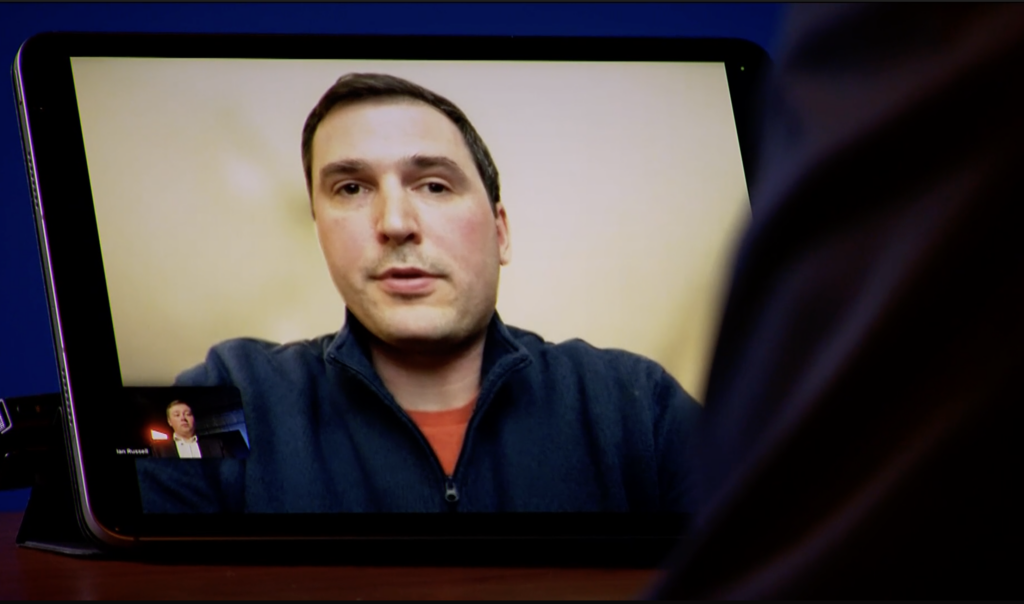Manjeet Rege, software engineering and data science professor at the University of St. Thomas School of Engineering, recently spoke with The Chronicle of Higher Education about the uncertainty around how artificial intelligence may shape teaching and learning.

From the story:
While professors are understandably concerned that students may use AI tools inappropriately, some teaching experts caution against banning their use entirely because there are ways in which AI tools could assist students with disabilities.
- Students with mobility challenges may find it easier to use generative AI tools – such as ChatGPT or Elicit – to help them conduct research if that means they can avoid a trip to the library.
- Students who have trouble navigating conversations – such as those along the autism spectrum – could use these tools for “social scripting.” In that scenario, they might ask ChatGPT to give them three ways to start a conversation with classmates about a group project.
- Students who have trouble organizing their thoughts might benefit from asking a generative AI tool to suggest an opening paragraph for an essay they’re working on – not to plagiarize, but to help them get over “the terror of the blank page,” says Karen Costa, a faculty-development facilitator who, among other things, focuses on teaching, learning, and living with ADHD. “AI can help build momentum.”
- ChatGPT is good at productive repetition. That is a practice most teachers use anyway to reinforce learning. But AI can take that to the next level by allowing students who have trouble processing information to repeatedly generate examples, definitions, questions, and scenarios of concepts they are learning.
“I really want you as a student to do that critical thinking and not give me content produced by an AI,” says Manjeet Rege, a professor and chair of the department of software engineering and data science at the University of St. Thomas. But because students may spend three hours in a lecture session, he says, “at the end of it, if you would like to take aspects of that, put it into a generative AI model and then look at analogies and help you understand that better, yes, absolutely, that is something that I encourage.”





